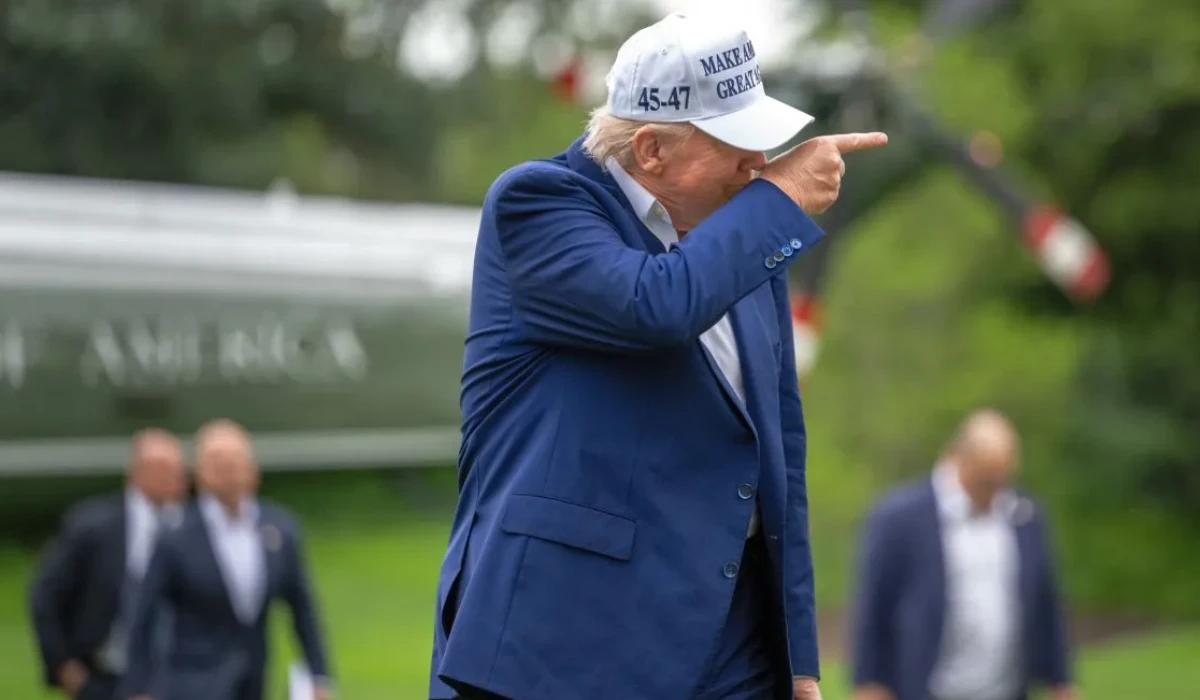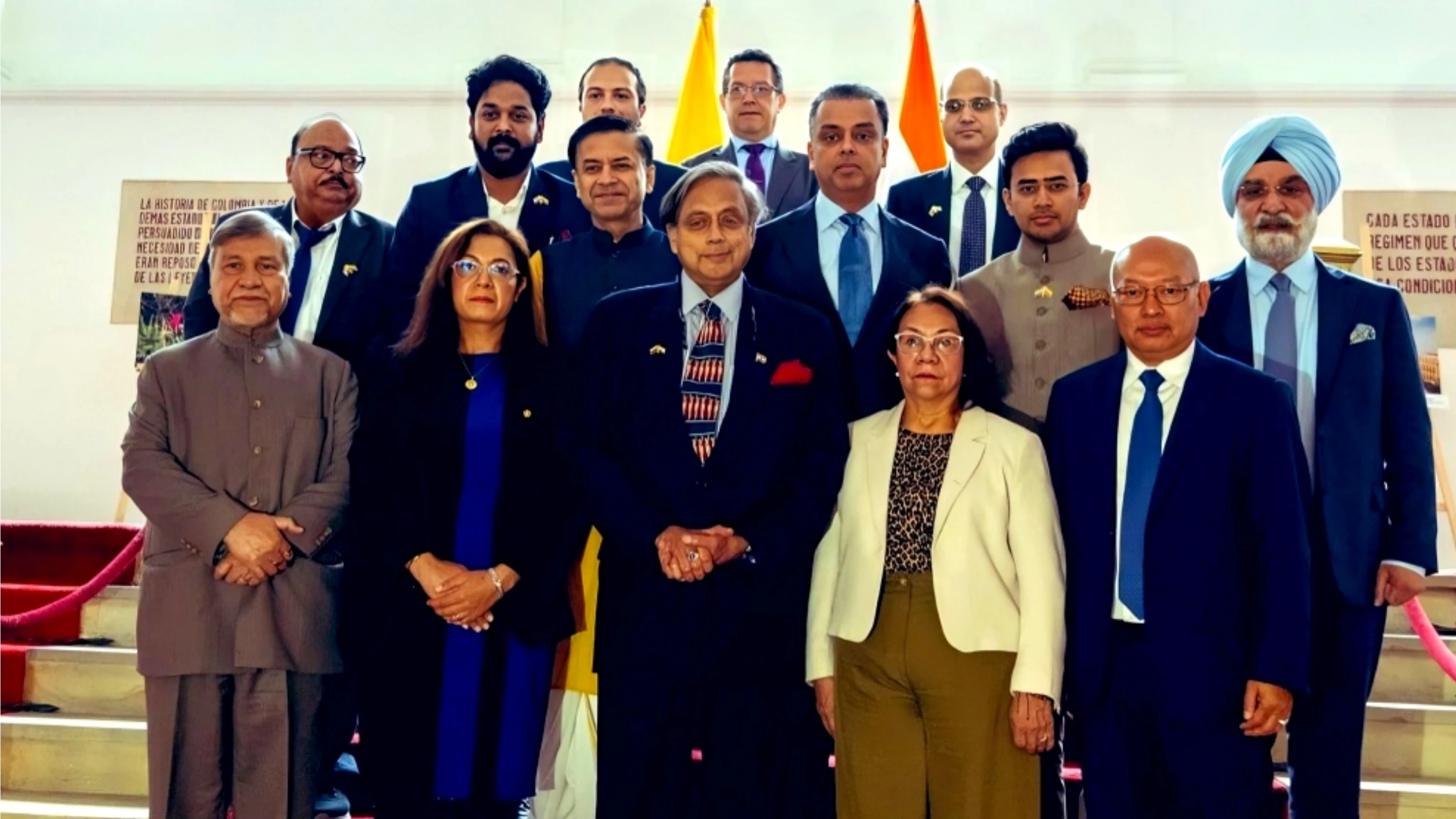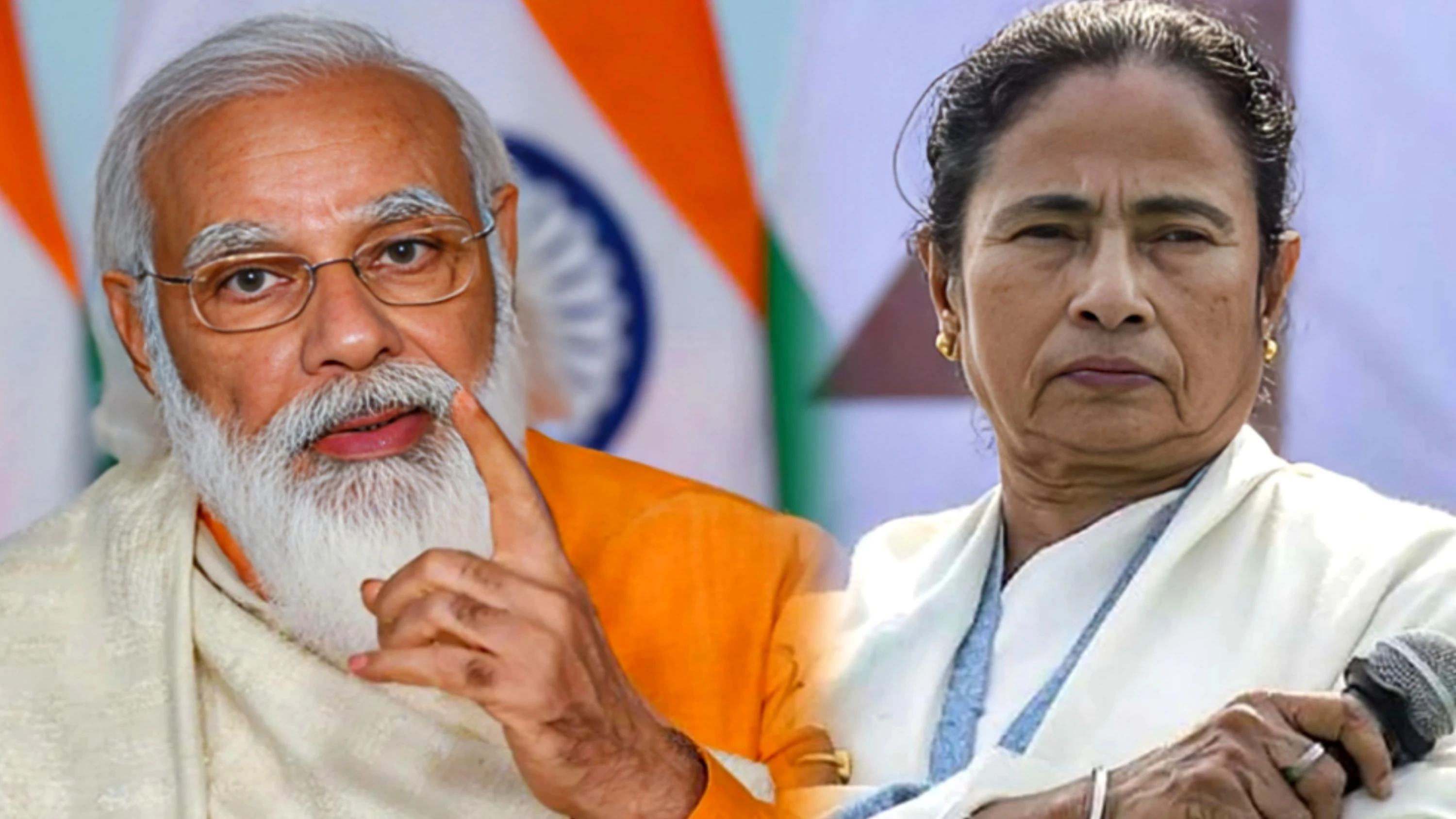Washington: The Trump administration has claimed credit for brokering the recent ceasefire between India and Pakistan, asserting that diplomatic intervention by President Donald Trump, including the promise of enhanced U.S. trade access, played a crucial role in defusing tensions between the two nuclear-armed neighbors.
The claim was made in a legal filing submitted to the U.S. Court of International Trade, where the government is defending the use of tariffs under the International Emergency Economic Powers Act (IEEPA). The filing argues that Trump not only used emergency powers to safeguard American interests but also leveraged them for diplomatic purposes.
Commerce Secretary Howard Lutnick stated that the ceasefire, achieved on May 10, 2025, was possible only after President Trump stepped in with trade incentives to dissuade both nations from engaging in full-scale conflict. "The President’s intervention directly contributed to avoiding a major war between India and Pakistan," Lutnick said, adding that a court ruling limiting presidential powers could jeopardize the stability of South Asia.
However, Indian officials have pushed back on this narrative. Sources within the Indian government maintain that the ceasefire was a mutual decision reached independently by India and Pakistan, without any external mediation. They denied Trump's involvement, emphasizing that the truce followed Operation Sindoor—an Indian military response to a deadly terror attack in Pahalgam, Jammu and Kashmir, on April 22 that killed 26 civilians.
Operation Sindoor targeted alleged militant infrastructure in Pakistan-administrated Kashmir and was followed shortly thereafter by the ceasefire.
Trump has previously claimed credit for de-escalating tensions in the region and has frequently touted trade incentives as a tool in his diplomatic strategy.
As differing accounts emerge, the debate over the true catalyst for the South Asian ceasefire continues, with wider implications for U.S. foreign policy and executive authority.








